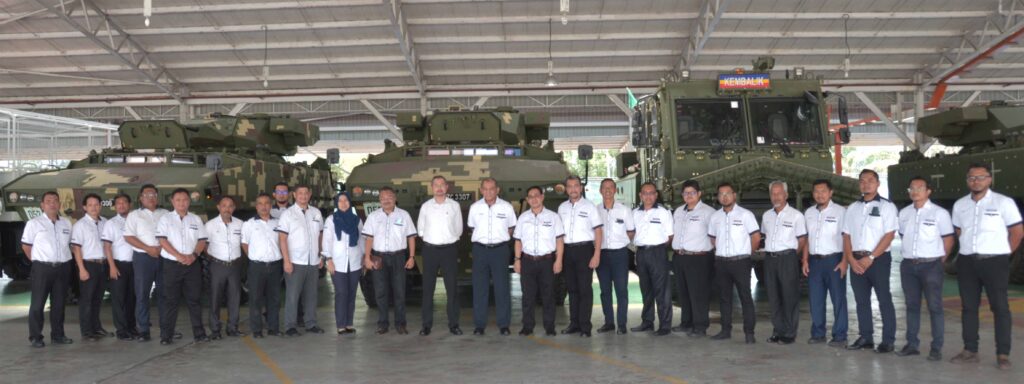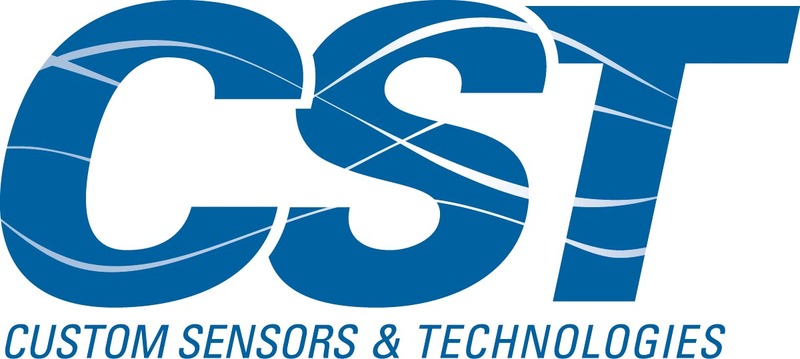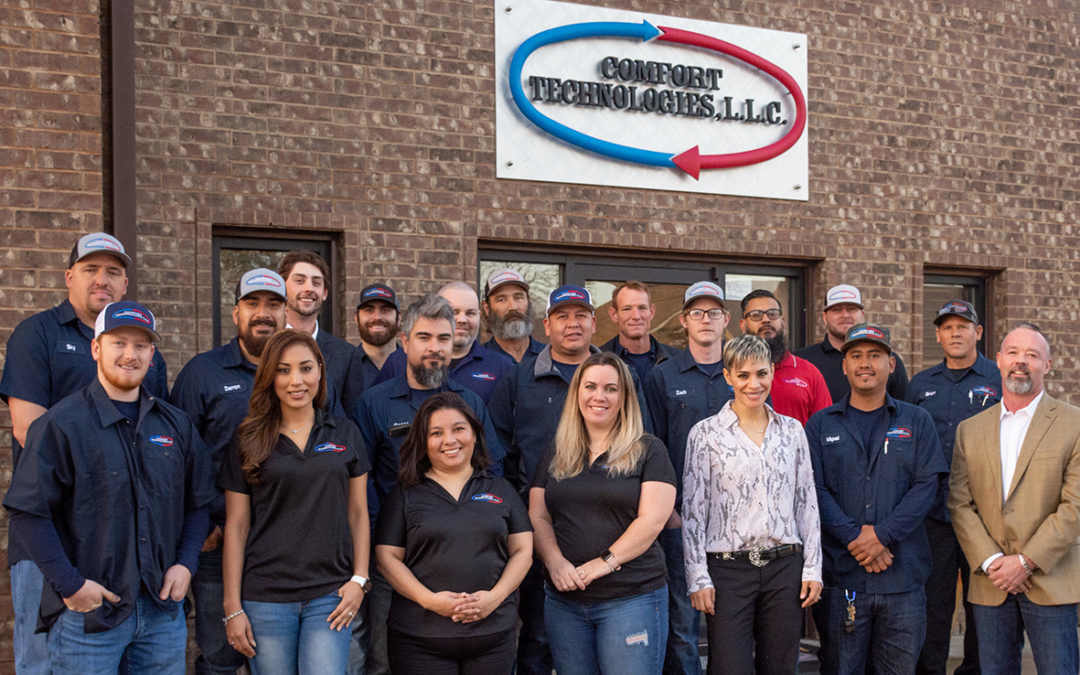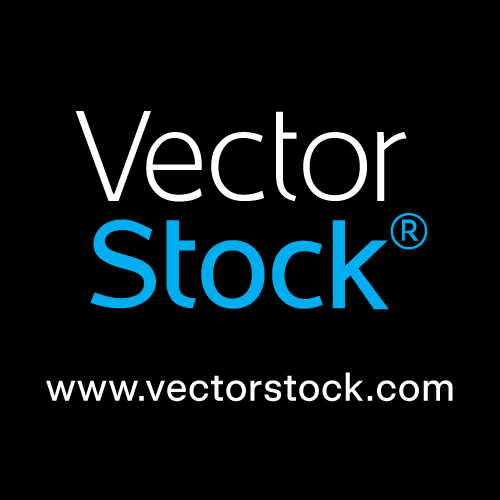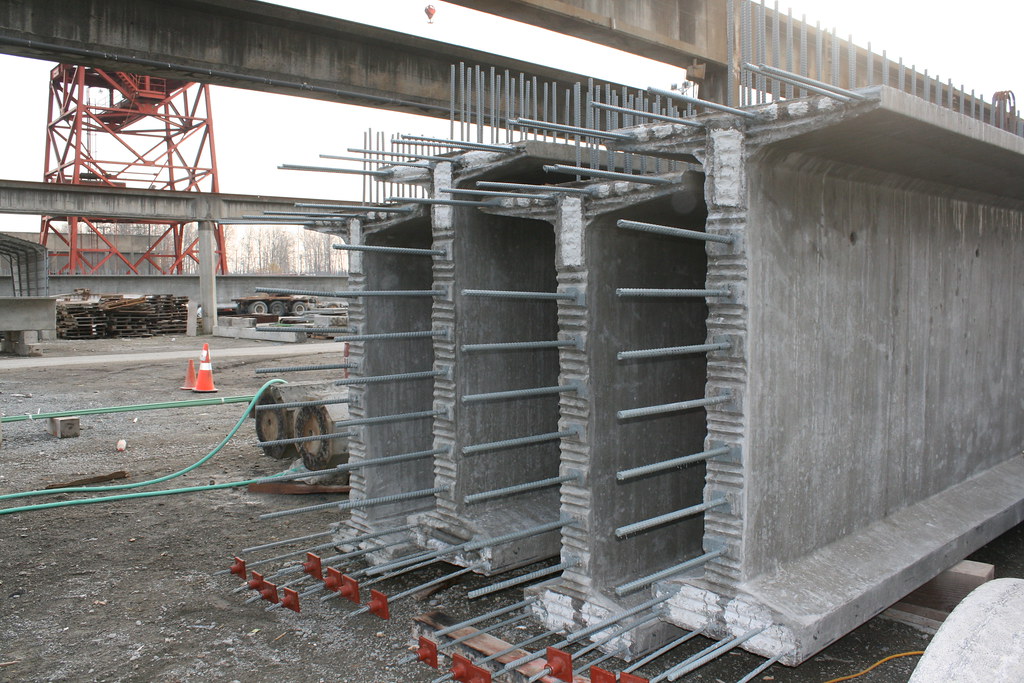Customization Technology: Tailoring the Future
Customization technology is revolutionizing the way we design, manufacture, and consume products and services. From personalized medicine to AI-driven design tools, this technology empowers individuals and businesses to tailor experiences […]
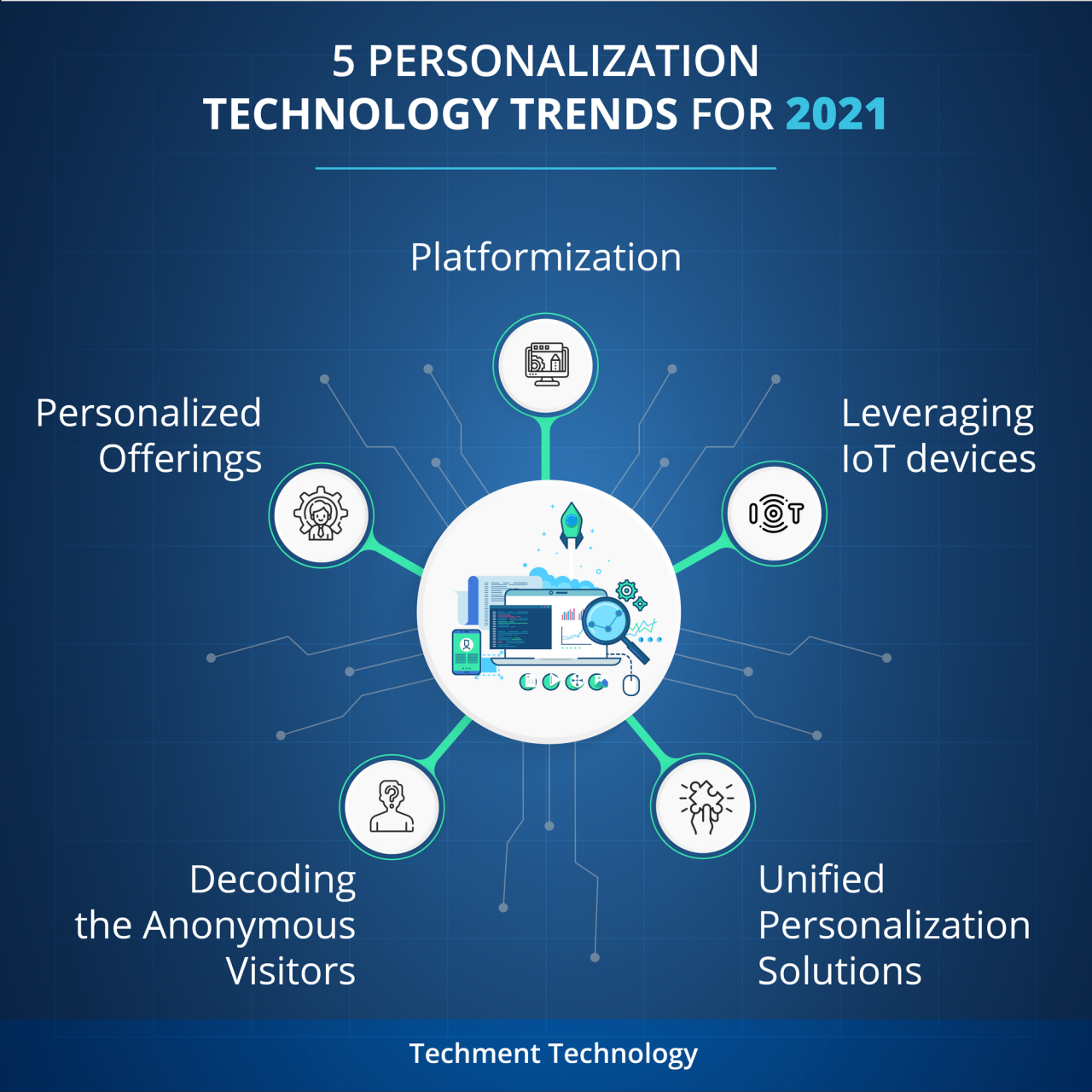
Customization technology is revolutionizing the way we design, manufacture, and consume products and services. From personalized medicine to AI-driven design tools, this technology empowers individuals and businesses to tailor experiences to their unique needs and preferences. The ability to customize everything from clothing and cars to software and medical treatments is rapidly transforming industries and reshaping our world.
The evolution of customization technology has been driven by advancements in various fields, including artificial intelligence, machine learning, 3D printing, and software development. These technologies have enabled us to move beyond mass production and embrace a new era of personalized experiences, where products and services are tailored to individual specifications and desires.
Key Technologies and Applications

Customization technology relies on a diverse range of technologies that enable the creation of personalized products and experiences. These technologies empower businesses to tailor offerings to individual preferences, enhancing both product design and customer satisfaction.
Applications Across Industries
Customization technology finds applications across various industries, transforming how businesses operate and interact with customers.
- Manufacturing: Customization technology empowers manufacturers to produce personalized goods, ranging from custom-designed clothing and footwear to personalized medical devices and prosthetics. 3D printing, for instance, allows for the creation of unique designs and prototypes, enabling manufacturers to cater to specific customer requirements.
- Retail: In retail, customization technology enables personalized shopping experiences. Online retailers utilize AI-powered recommendation engines to suggest products based on individual preferences, while physical stores offer interactive displays and personalized product recommendations.
- Healthcare: In healthcare, customization technology plays a crucial role in personalized medicine. AI-powered diagnostic tools analyze patient data to identify individual risks and tailor treatment plans. 3D printing allows for the creation of personalized medical devices, such as prosthetics and implants, ensuring optimal fit and functionality.
- Entertainment: In the entertainment industry, customization technology enables personalized content experiences. Streaming platforms use AI algorithms to recommend movies and TV shows based on individual preferences, while gaming companies offer customizable character features and gameplay settings.
Impact on Business Models and Market Dynamics, Customization technology
Customization technology is fundamentally changing business models and market dynamics. Businesses are shifting from mass production to mass personalization, focusing on delivering tailored experiences to individual customers. This shift creates opportunities for niche markets and fosters innovation, as businesses strive to differentiate themselves by offering unique and personalized solutions.
- Increased Customer Engagement: Customization technology empowers customers to actively participate in the design and creation process, leading to increased engagement and brand loyalty. Customers feel valued when businesses cater to their individual needs and preferences.
- Enhanced Product Design: By incorporating customer feedback and data, customization technology allows for continuous improvement and optimization of product designs. This iterative process leads to better products that meet specific customer requirements.
- New Business Models: Customization technology enables new business models based on subscription services, personalized product bundles, and on-demand manufacturing. These models cater to the evolving needs of customers who seek tailored solutions and flexible options.
- Increased Competition: As customization technology becomes more accessible, businesses face increased competition from smaller players who can leverage these technologies to offer personalized solutions. This dynamic landscape encourages innovation and drives businesses to constantly adapt and evolve.
Outcome Summary: Customization Technology

As customization technology continues to evolve, we can expect even more innovative applications and profound societal impacts. From personalized medicine that targets specific genetic markers to AI-powered design tools that create bespoke products, the possibilities are endless. Embracing the potential of customization technology will require businesses to adapt their strategies and consumers to embrace a new paradigm of personalized experiences. The future is tailor-made, and customization technology is paving the way.
Customization technology allows users to tailor experiences to their preferences, from personalized settings to unique product designs. This trend extends to the world of entertainment, where cool play technology offers immersive and interactive experiences. By integrating customization features, developers can create dynamic environments that respond to user choices and evolve based on their actions, enhancing the overall play experience.

